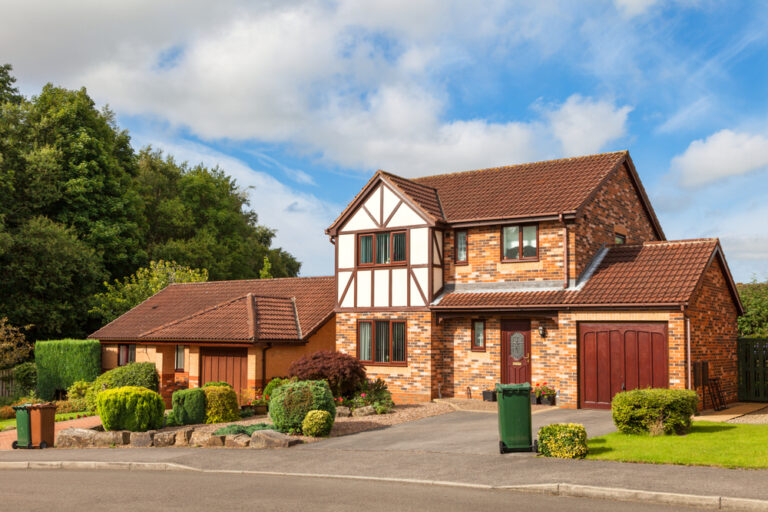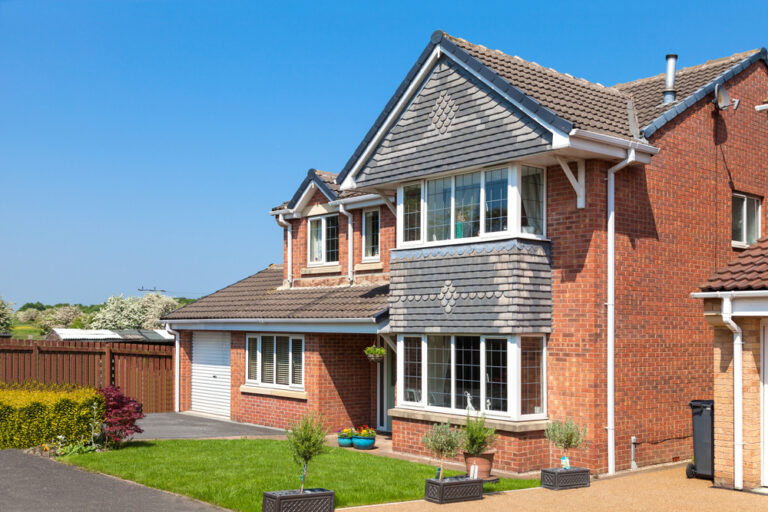There’s no ‘one-size-fits-all’ for estimating the total cost of a house in the UK today. The cost of your home will depend on whether you’re a first-time buyer or selling your previous home. The average price for a typical UK home has risen by 68% over the past decade, according to data from the ONS. For first-time buyers, these figures can seem daunting. A 20% deposit averages at £44,318 today compared to £27,530 needed ten years ago.
What should first-time buyers expect from 2022’s market?
Last year, on the heels of the pandemic, house prices hit double digit growth, whilst savings rates amongst young people hit an all-time low.
The cost-of-living crisis, coinciding with high unemployment rates, made taking the first step onto the property ladder seem like an impossibility.
This year, house prices have seen record-breaking highs, with buyer demand following suit. However, property experts gather under the consensus that a gradual slow-down is soon to be expected due to the cost-of-living crisis and rising interest rates.
Deposits
Hefty deposits are certainly the first major financial hurdle for homebuyers, with a minimum deposit usually costing 5% of the property’s value. For example, if you want to buy a home at a price of £250,000, you will need to save up a minimum deposit of around £12,500.
Saving for a larger deposit of around 15% will make you a safer investment for a mortgage lender. This is because if house prices happen to fall, the lender should be able to recoup its money from the sale of the property. If you put down a larger deposit, you will be offered lower mortgage interest rates. However, the buyer would have to wait longer to save up while prices on the market only continue to grow.
How much will homeowners be spending monthly?
With inflation and interest rates spiking, managing household bills isn’t easy, especially if it’s your first time. It’s important to set up a monthly plan and budget before you put an offer down on a house. On average, UK households spend £588 per week (£2,548 a month) to cover all living expenses.
Regular bills you will need to factor into your overall monthly cost include:
- Mortgage interest repayments
- Council tax
- Gas, electricity, and water
- Food shopping
- TV license
- Clothing
- Home contents insurance
- Car expenses
- Travel to work expenses
Where do I start?
Once you’ve mapped out your process, budget, and timeline, choosing an area to live in is a great place to start. Only consider areas within your budget and make sure the property has all the required amenities such as doctors, schools, and supermarkets. If you’re looking for a fresh start, you can check the GOV.UK website for helpful statistics on property price growth by region.
Get in touch with us today to start your property journey.




